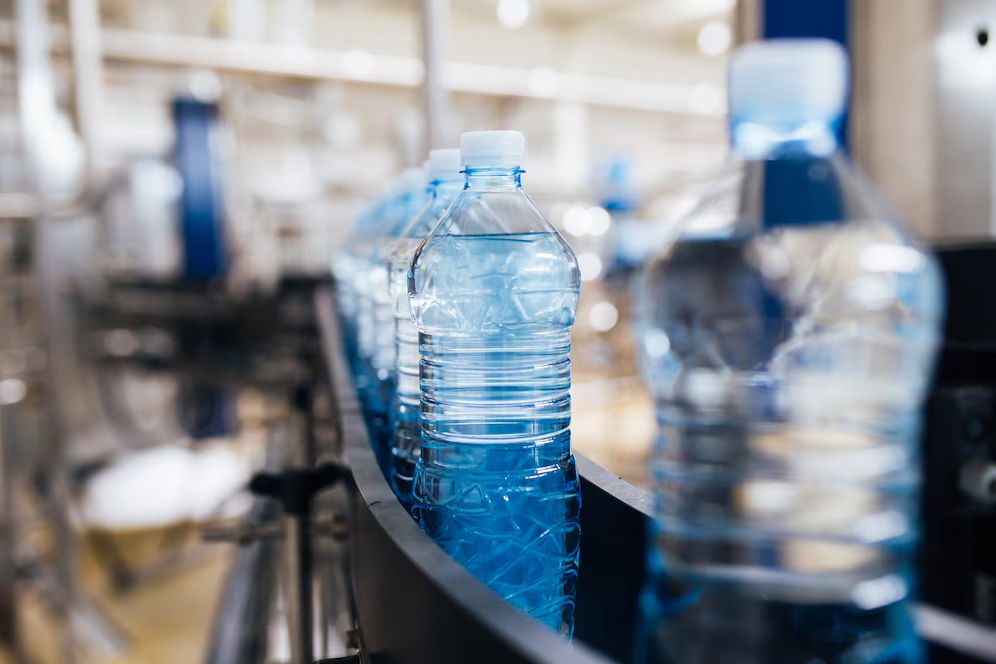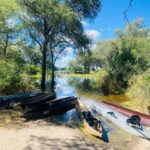The bottled water industry is one of the fastest-growing sectors globally, driven by increasing health-consciousness, urbanization, and demand for clean drinking water. In Botswana, a country where access to safe drinking water is crucial, starting a bottled water company offers both a profitable business opportunity and a way to address public health concerns. However, like any business venture, it requires careful planning, strategic execution, and a thorough understanding of the local market and regulations.
Understanding the Market
Before venturing into the bottled water business in Botswana, it’s essential to understand the local market dynamics. Botswana, like many other countries, faces occasional water supply challenges, especially in rural and remote areas. While urban centers like Gaborone have access to reliable water sources, rural areas may experience water shortages or rely on less-than-ideal water quality. This situation creates a demand for bottled water that is clean, safe, and accessible.
The growing middle class and increasing urbanization in cities are contributing to the rise in demand for bottled water. Many consumers are choosing bottled water as a preferred option for convenience, portability, and health reasons. The increasing awareness about waterborne diseases also reinforces the need for high-quality bottled water that is free from contaminants.
Steps to Starting a Bottled Water Company in Botswana
1. Conduct Market Research
Before starting your bottled water company, conducting thorough market research is vital. This will help you understand customer preferences, pricing, distribution channels, and the competitive landscape. Key questions to consider include:
- Who are your potential customers (e.g., households, businesses, hospitality)?
- What types of bottled water are most popular (e.g., still, sparkling, flavored)?
- What is the existing competition in the bottled water industry?
- What is the price range that consumers are willing to pay?
Understanding these aspects will give you a competitive edge when launching your business.
2. Comply with Health and Safety Regulations
Ensuring that the water you bottle meets health and safety standards is non-negotiable. In Botswana, the Department of Water Affairs and the Botswana Bureau of Standards (BOBS) regulate the quality of bottled water. As a business owner, you must ensure your water source is clean and that the bottling process adheres to stringent hygiene and safety standards.
You will need to obtain licenses and certifications to operate legally. The process may include water testing, factory inspections, and compliance with local labeling requirements. The BOBS provides standards for bottled water that you must meet in terms of purity, packaging, and labeling.
3. Source Clean Water
The foundation of any bottled water company is the water itself. You must secure a reliable and sustainable source of clean, safe water. In Botswana, many bottled water companies source their water from natural springs, boreholes, or municipal water systems.
If you are using groundwater, ensure that the water is regularly tested for purity and contaminants. If sourcing from a municipal supply, ensure that the water undergoes proper filtration and purification processes to meet quality standards. Proper water treatment facilities, such as reverse osmosis or ultraviolet disinfection, should be used to ensure the water is free of bacteria, chemicals, and other impurities.
4. Invest in Bottling and Packaging Equipment
Once you have a clean water source, you will need to invest in bottling and packaging equipment. The bottling process involves filtering, purifying, and filling the water into bottles. The packaging plays a critical role in your product’s appeal and consumer perception.
Consider the following when investing in equipment:
- The types of bottles (e.g., plastic, glass, or eco-friendly options).
- The design of the labels, which should include important information like water source, expiration date, and any certifications.
- The size of the bottles (e.g., 500ml, 1 liter, 5 liters) based on your target market.
Make sure the bottling process is automated for efficiency and consistency. You’ll also need a reliable quality control system in place to ensure that every batch of bottled water meets safety and taste standards.
5. Branding and Marketing
The branding of your bottled water company is crucial for standing out in a competitive market. Your brand should communicate cleanliness, purity, and health benefits. Consider factors like:
- The design of your logo, labels, and packaging.
- A catchy and meaningful brand name.
- The story behind your brand (e.g., if your water comes from a sustainable, eco-friendly source, make sure to highlight that).
In terms of marketing, it’s essential to emphasize the health and quality aspects of your product. Use social media, local influencers, and community outreach programs to promote your brand. You can also partner with businesses, schools, and events to offer your bottled water as a hydration solution.
6. Distribution and Sales Channels
To reach your target market, you will need to establish a reliable distribution network. In Botswana, distribution can take place through various channels:
- Retail Stores: Supermarkets, convenience stores, and shops.
- Direct Sales: Offering bulk sales to hotels, restaurants, and businesses.
- Online Sales: E-commerce platforms can help you reach a broader customer base.
Consider working with local distributors or wholesalers who already have established networks, particularly in remote or rural areas. Efficient delivery systems are essential for keeping your water fresh and ensuring timely supply.
7. Sustainability Considerations
Sustainability is increasingly becoming a key factor for consumers when choosing bottled water. Consider incorporating eco-friendly practices into your operations. Options include using recyclable or biodegradable bottles, minimizing plastic waste, or offering water refills for reusable containers.
Botswana’s emphasis on sustainability could also present opportunities to differentiate your brand if you align your business with environmentally-conscious values.
Starting a bottled water company in Botswana can be a lucrative business venture, especially with the growing demand for safe, clean water and the rising health-consciousness among consumers. However, to succeed in this competitive market, you must prioritize quality, compliance with health and safety regulations, effective branding, and strategic distribution.
By understanding the local market, investing in the right infrastructure, and committing to sustainability, you can establish a reputable and successful bottled water company in Botswana.










